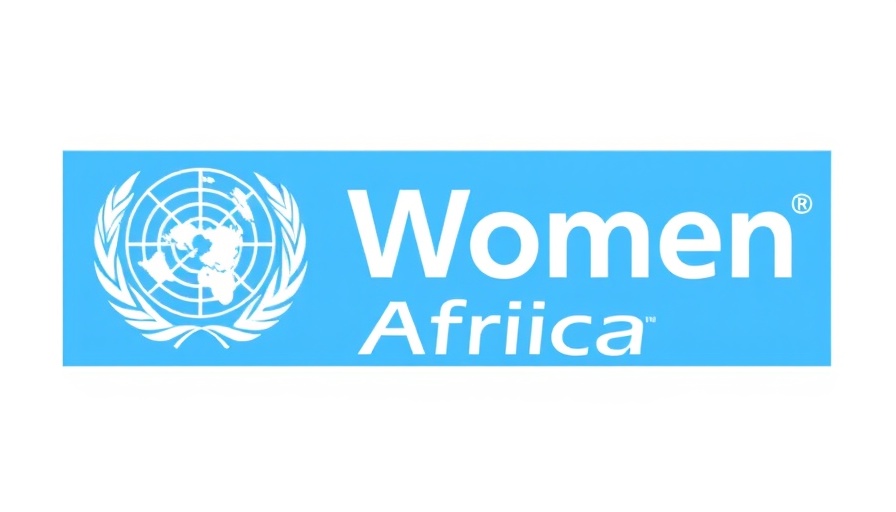
The Gender Gap in Politics: A Slow But Steady Climb
Despite a global push for gender equality in political representation, progress in women's involvement in governance across Africa has been lethargic. From 2021 to 2024, the representation of women in parliaments increased from 25% to 26%. Experts project that at this pace, Africa won't achieve gender parity until 2100. Gram Mutenga, Regional Head of Programmes at International IDEA, notes that this projection relies on a linear progression model, which is unlikely, especially since progress tends to stagnate once countries surpass the 30% threshold.
The recent WYDE Women's Leadership Initiative regional dialogue held in Johannesburg showcased the extraordinary efforts of over 50 women leaders from East and Southern Africa. This three-day event highlighted the importance of mentorship, networking, and the exchange of best practices, ultimately fostering a supportive environment for female leaders.
Voices of Change: The Reality for Women Leaders
Among the impactful leaders is Lioness Sibanda from Eswatini, who serves as the Secretary General of a political party. Sibanda passionately advocates for democratic reforms while recognizing the cultural hurdles that women face in politics. "Eswatini has deep-rooted cultural and religious practices that still hold to the belief that a woman cannot be in the forefront or stand in front of men and tell them what to do,” Sibanda shares. Despite her tireless efforts toward women's rights, she often finds it difficult to persuade voters about the advantages of electing women into office.
Violence and Gender-based Challenges: The Hidden Costs
Violence plays a critical role in sidelining women from politics, sometimes referred to as technology-facilitated gender-based violence. A staggering statistic from UN Women's surveys shows that two-thirds of local women elected officials experience violence, yet a mere 20% report these incidents. As Hazel Gooding, UN Women Deputy Representative for the South Africa Multi-Country Office articulates, this violence weakens democracy by silencing those voices that need to be heard.
Empowerment Through Education: Bridging the Gaps
Education remains a key vehicle for progress. Leaders like Betty Milgo, Secretary General for Persons with Disabilities in Kenya's ruling party, highlight the importance of raising awareness and understanding within their communities. "My community is patriarchal, and many don't understand the types of disabilities that exist, including albinism," Milgo states as she sheds light on the urgent necessity for inclusion in political dialogue.
Creating Supportive Ecosystems for Women in Politics
The dialogue in Johannesburg emphasized the value of building ecosystems that support women's leadership. By encouraging collaborations through initiatives that combine education, empowerment, and political engagement, we can begin to dismantle barriers that hinder women’s rise in political spaces. Providing tools, resources, and platforms where women can safely express their political ambitions is essential for enhanced representation.
Future Trends in Women’s Political Participation
As we look to the future, it is essential to recognize the potential for exponential growth in women's political representation. Innovations such as social media platforms for mobilization and digital tools that safeguard leaders against violence can serve as catalysts for change. The inclusion of technology in advocacy efforts allows women to foster connections, share experiences, and inspire one another in ways that were not possible before.
A Call to Action: Supporting Women Leaders
As the world evolves, so does the landscape of leadership. Understanding the unique challenges that women face and supporting their engagement can contribute to a more balanced society. Whether through mentoring programs, educational initiatives, or advocacy campaigns, the responsibility lies with all of us to create an environment that nourishes future generations of women leaders.
 Add Row
Add Row  Add
Add 




Write A Comment